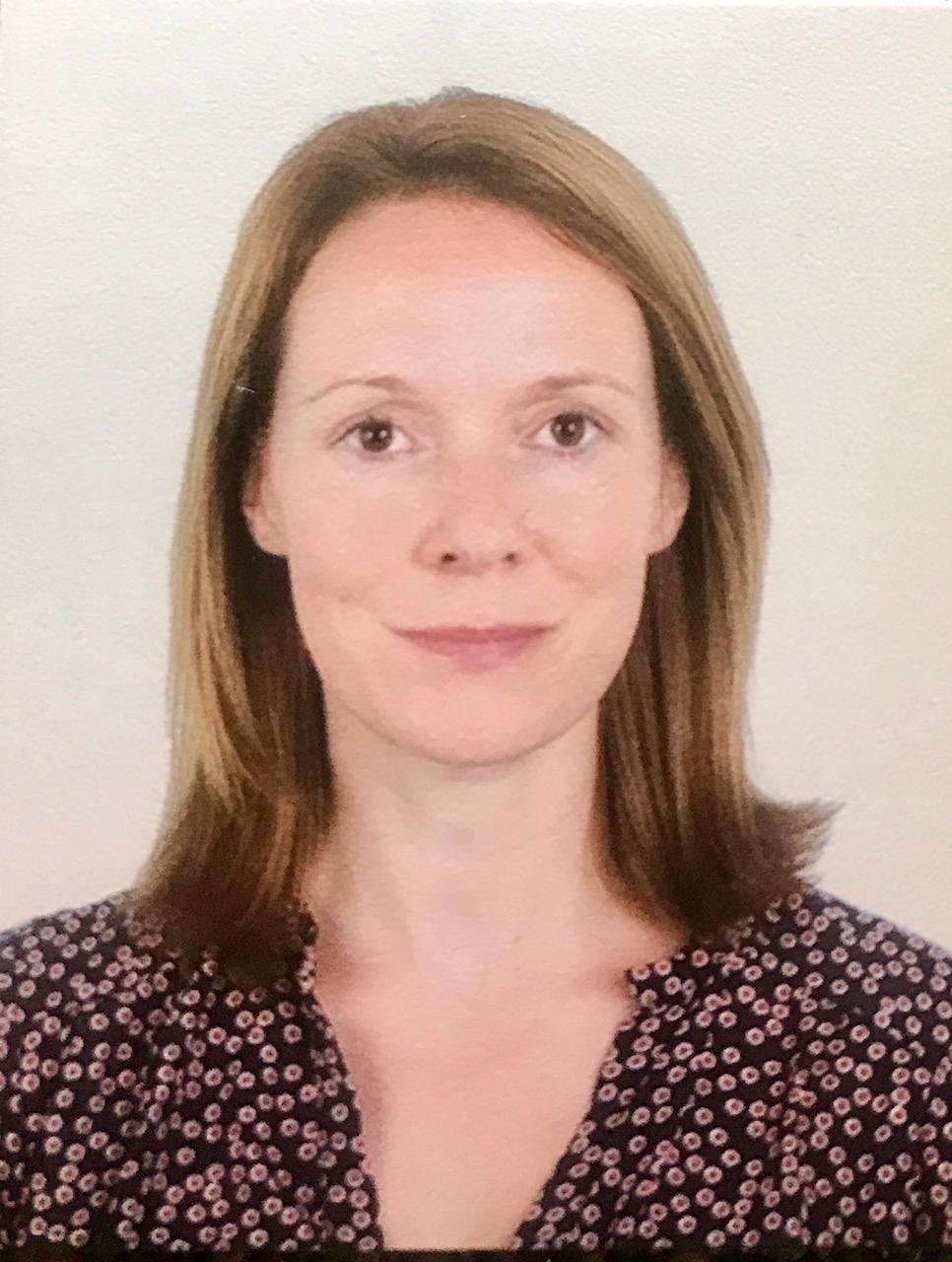Scientific Program

Hayes Jillian
Hamad Medical Corporaon, UAE
Biography:
Hayes Jillian has graduated from Trinity College Dublin (University of Dublin) in 2003 with first class honours. She has worked interna onally and regionally as a radia on therapist and completed her master's degree whilst working full- me at the front line of NHS pa ent care service at the Royal Marsden NHS Founda on Trust, London. She has achieved many commenda ons for her academic and professional pursuits and has much experience presen ng clinical research and prac ce interna onall
Abstract
Due to the overall improvements in breast cancer treatment, long-term cause specificc survival has improved significantly over the past few decades. Radiotherapy is an essen al component of mul modal breast cancer treatment. However, with the increasing use of radiotherapy and the larger number of women surviving for many years a er treatment, more pa ents are at risk of developing chronic toxici es associated with their care. In par cular, toxici es to the heart carry the poten al for reduced survival. In conven onal breast radiotherapy the pa ent is breathing freely, however, several techniques have recently been used to reduce the volume of cardiac ssue in the radia on field. Amongst them is Voluntary Inspira on Breath Hold (VIBH), where the pa ent holds a quanfied inspira on for the dura on of treatment delivery. By holding inspira on during beam on, the distance between the chest wall and cardiac structures is increased. This increased distance can be exploited in order to reduce the radia on dose received by the heart. VIBH is an evidence based, simple, inexpensive, and equipment free breath holding technique, with proven inter and intrafrac on reproducibility. Breath hold consistency is monitored prior to and during radiotherapy delivery by means of in room treatment lasers and imaging. Dosimetric studies demonstrate a reduc on in dose to cardiac ssue when VIBH is applied without compromise of target volume coverage. This presenta on presents background analysis of the need for cardiac sparing techniques in le sided breast radiotherapy along with prac cal insights with respect to its real me clinical applica on of the VIBH technique.
- Molecular and Cellular Biology
- Cancer Cell Therapy
- Cellular Chemotherapy
- Molecular Genetics
- Plant Molecular Biology
- Molecular Biology and Pathogenesis
- Drug Designing and Drug Delivery
- Immunoprofiling
- Bio imaging & Bio printing Tissues and Organs
- Regenerative Medicine
- Genetic and Genomics Engineering
- Cellular Biophysics

